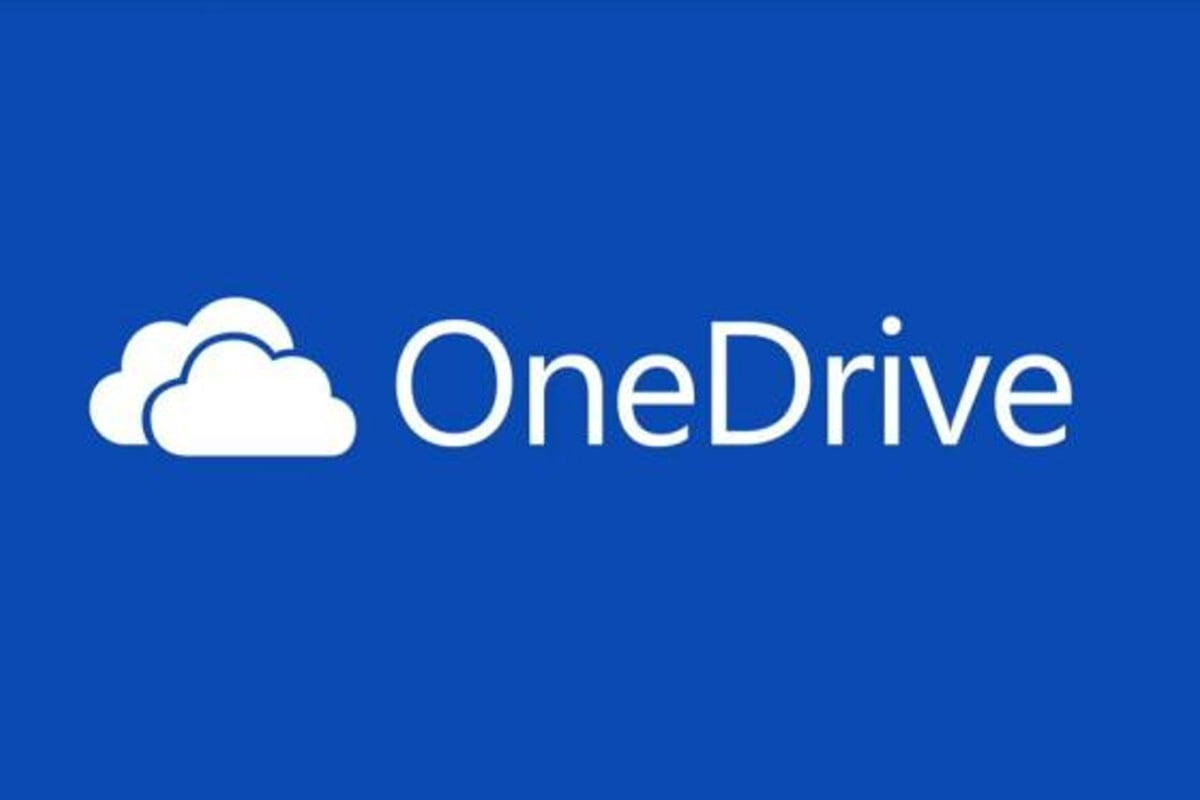Microsoft has announced that it will stop the support for the OneDrive desktop application for the older versions of the OS - Windows 7, Windows 8 and Windows 8.1. The company announced that the support for OneDrive will be ended and the company will stop rolling out updates from January 1, 2022. In an official blog post, the company announced that it wants to focus on resources on new technologies and new versions of operating systems. Doing so, users will get the most up-to-date and secure experience.
OneDrive Desktop App Support To End
While the updates will stop in January, OneDrive desktop applications running these old versions of the operating systems will stop syncing to the cloud from March 1, 2022. The personal files will not be synced after the said date. Also, Microsoft adds that users need to upload or access these files directly on OneDriver for web from PCs and laptops running the older versions of the Windows OS. While you can access OneDrive via a web browser, the dedicated app for desktops will stop functioning post March 1, 2022. It remains to be surprising to see Microsoft announce the end of support for the older versions of Windows OS given that it wants to push users with the latest Windows 11 update. Also, the blog recommends users upgrade to the newer versions of the OS to avoid disruptions. It is to be noted that Windows 7 and Windows 8.1 will get extended support until January 10, 2023. However, the support for Windows 8 officially ended on January 12, 2016.
Check If Your Device Is Compatible With Windows 11
To check if your device is eligible to get the Windows 11 update and continue to use the OneDrive desktop app beyond the said date, you need to use the PC Health Check app. This tool will help you know if your device meets the requirements of Microsoft to update to the new version of the OS. To use the PC Health Check took, got to Windows Update setting via Update & Setting -> Windows Update and click on Check for Updates. If your device is compatible with Windows 11, then you will get the option to download and install the update. Now, you can click on Download and Install to get the Windows 11 update. The basic requirements to get the Windows 11 update include a 64-bit processor, 64GB storage space, 4GB RAM, TPM (trusted platform module) 2.0, and UEFI secure boot.
